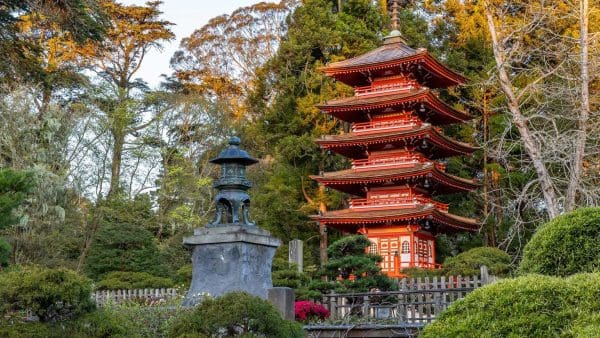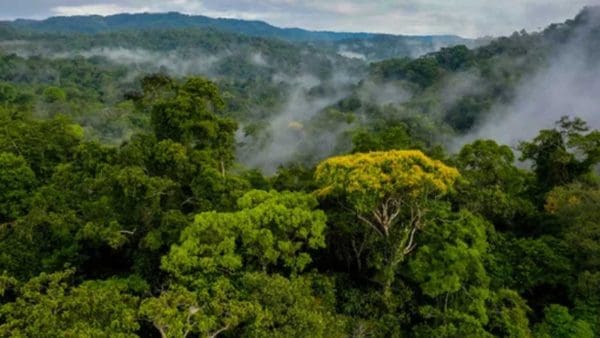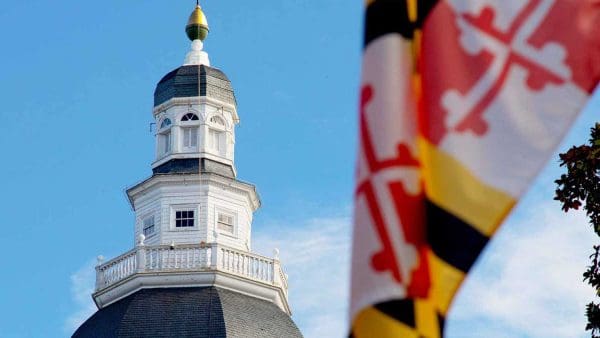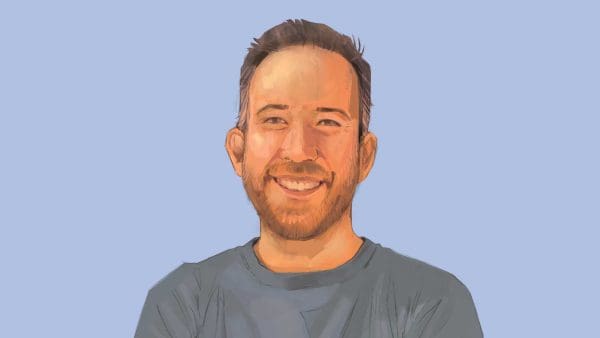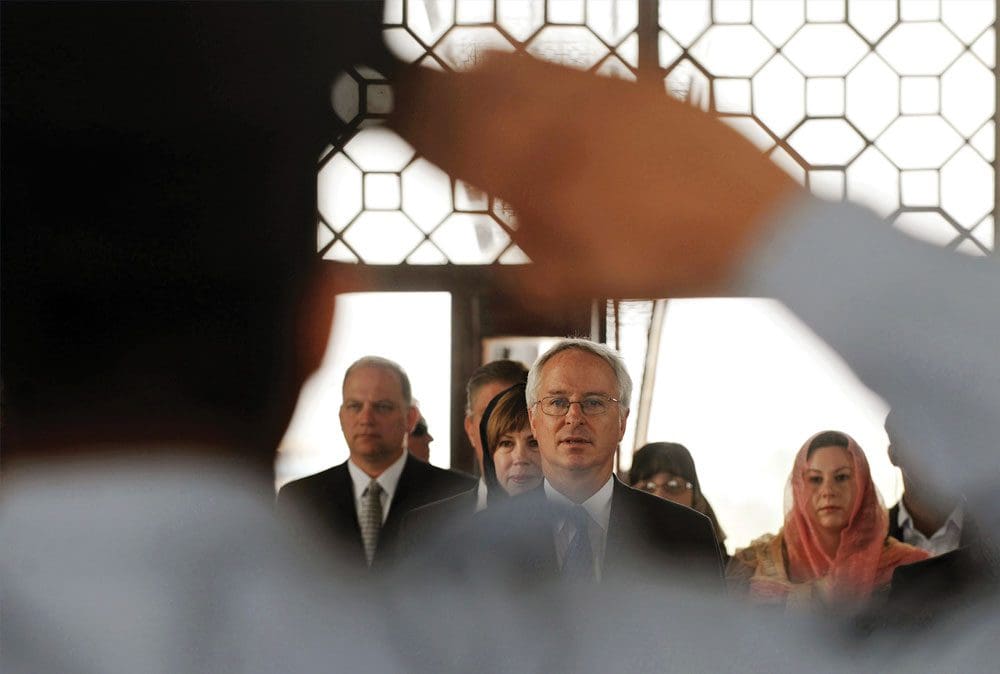
During his 30-year career in the U.S. Foreign Service, Cameron Munter MA ’78, PhD ’84 quickly acclimated to living in locales ranging from Poland to Pakistan. He also learned to adjust to working for four U.S. presidents—often in meetings in the White House or aboard Air Force One—who were nearly as diverse.
He notes that George H.W. Bush was “well-prepared” to be president, thanks to Bush’s experience as U.S. ambassador to the U.N. and CIA director. Bill Clinton was “a larger than life figure, extremely charismatic … and extremely intelligent.” George W. Bush “had a huge emotional IQ,” and Barack Obama “was a building-bridges man, an inspirational man,” Munter says.
“There is plenty of glamour,” Munter says about life as a diplomat. “You spend a lot of time in a tuxedo. You drink a lot of champagne.” There can also be significant dangers.
He was the U.S. Ambassador to Pakistan when American Special Forces found and killed Osama bin Laden in Abbottabad in 2011. “Americans had come into Pakistan without talking to Pakistan. That doesn’t help diplomatic relations much,” he says. “I would argue it was the right thing to do. But I was the guy who had to clean up the mess.”
He faced a much more literal mess in Belgrade in 2008, after the Republic of Kosovo declared its independence from Serbia. “When we recognized Kosovo, a mob came and burned the U.S. embassy down,” recalls Munter, the U.S. Ambassador to Serbia (2007–09) between stints heading the first Provincial Reconstruction Team in Iraq in Mosul (2006) and Baghdad (2009–10).
And yet, such incidents have not soured him on returning.
“I loved Serbia. I would go back to Serbia,” Munter says. “The same is true of Pakistan. They are very sophisticated, wonderful, hospitable people. Iraq is more than a battlefield. It’s very complex.”
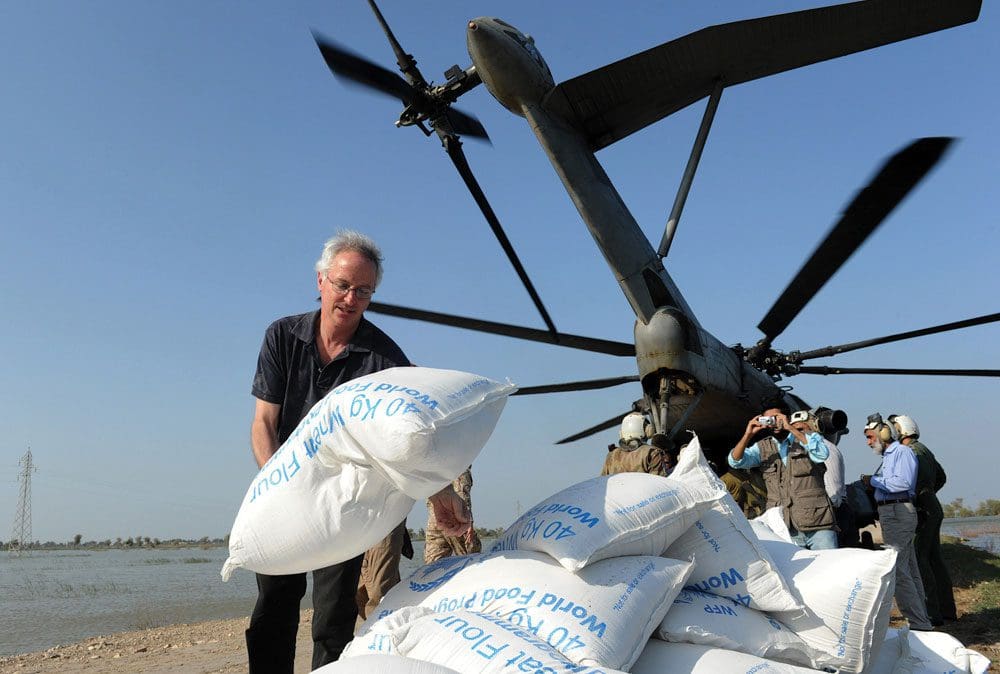
[Photo: Ramesh Pathania/Mint via Getty Images]
A diplomat’s life is immersed in the country. That’s what makes you different than someone, like a businessman, who ‘parachutes in.'”
—Cameron Munter
“I loved every country I have gone to,” says the southern California native who now lives in Manhattan, where until last November he served as president and chief executive officer of the EastWest Institute, a global nonprofit with bases in New York, Brussels, Moscow, and San Francisco.
The institute’s mission, he says, is “to anticipate problems and try to find solutions before it comes to conflict … to prevent wars from happening.” He cites a meeting in Brussels, where the organization sponsored talks between Saudis and Iranians “who are not terribly fond of one another.”
“We weren’t imposing solutions. We sought to build trust among people where there was not much trust,” Munter says.
Now teaching and doing international consulting, he says that over the years he has learned that the secret to successful diplomacy is finding common ground with strangers or adversaries. Munter has translated a glossary of basic baseball terms into Polish and played piano as the opening act for the Belgrade Jazz Festival.
“Music diplomacy. Food diplomacy. Beer diplomacy. How can you break down barriers?” says Munter, who also worked in the Czech Republic, Poland, and Germany.
His time at Johns Hopkins and the guidance of history professors such as Vernon Lidtke and Mack Walker had a profound effect on him. “I’m grateful to Hopkins, as part of my education, for sharpening my interests and appreciating cultures other than my own,” he says. “I had a chance to make connections and intellectual friends.”
“Being an American diplomat is unique in that what you represent has more meaning than our country’s interests,” Munter says. “Traditionally, you also stand for American values. That’s what makes being an American diplomat very special.”

